Escaping poverty through education: child labour in Bangladesh
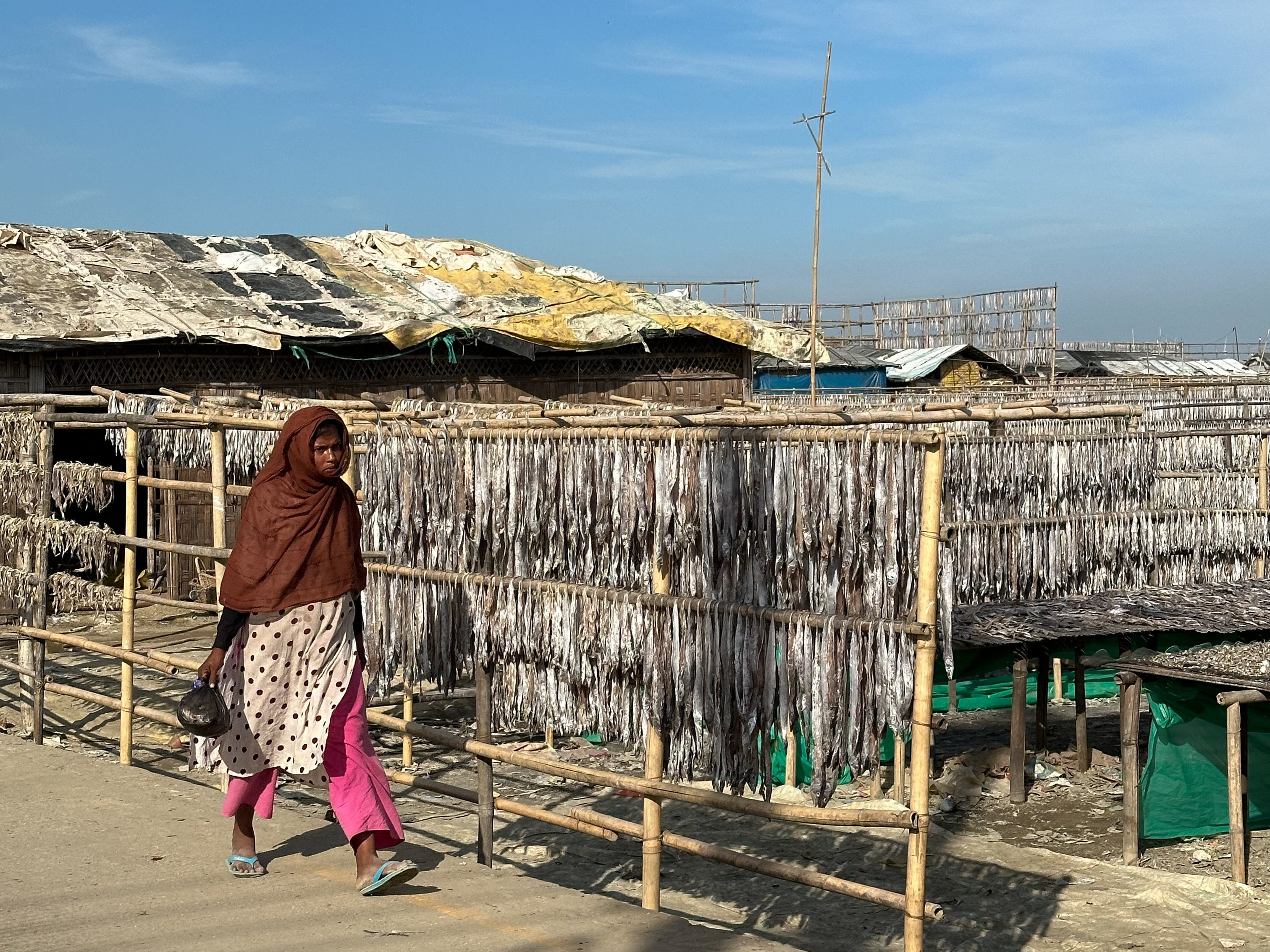
Bangladesh has made considerable progress in preventing child labour. Yet this achievement is currently at risk. SWI swissinfo.ch reports from the fish-processing plant in Nazirartek, where many children work.
It is the start of the winter season, but temperatures are still around 30°C in Nazirartek in southern Bangladesh. In this coastal town near the city of Cox’s Bazar the main product is dried fish. Mainly women, children and teenagers are employed in processing, packing and selling the fish, which has been caught by the huge fishing fleet out in the Gulf of Bengal.
They cut the fish up, clean it and then lay it on wooden boards to dry out. They have to keep turning it for days on end. Working conditions are hard, and the standard of living in the slum area of Nazirartek is even lower than the average for Bangladesh.
Child labour is common in this industry. These children don’t have time to go to school, and they may abandon their education altogether. That way they stay caught in the vicious circle of poverty and lack of opportunity. Local NGOs are therefore working on the ground to get children integrated into the education system.
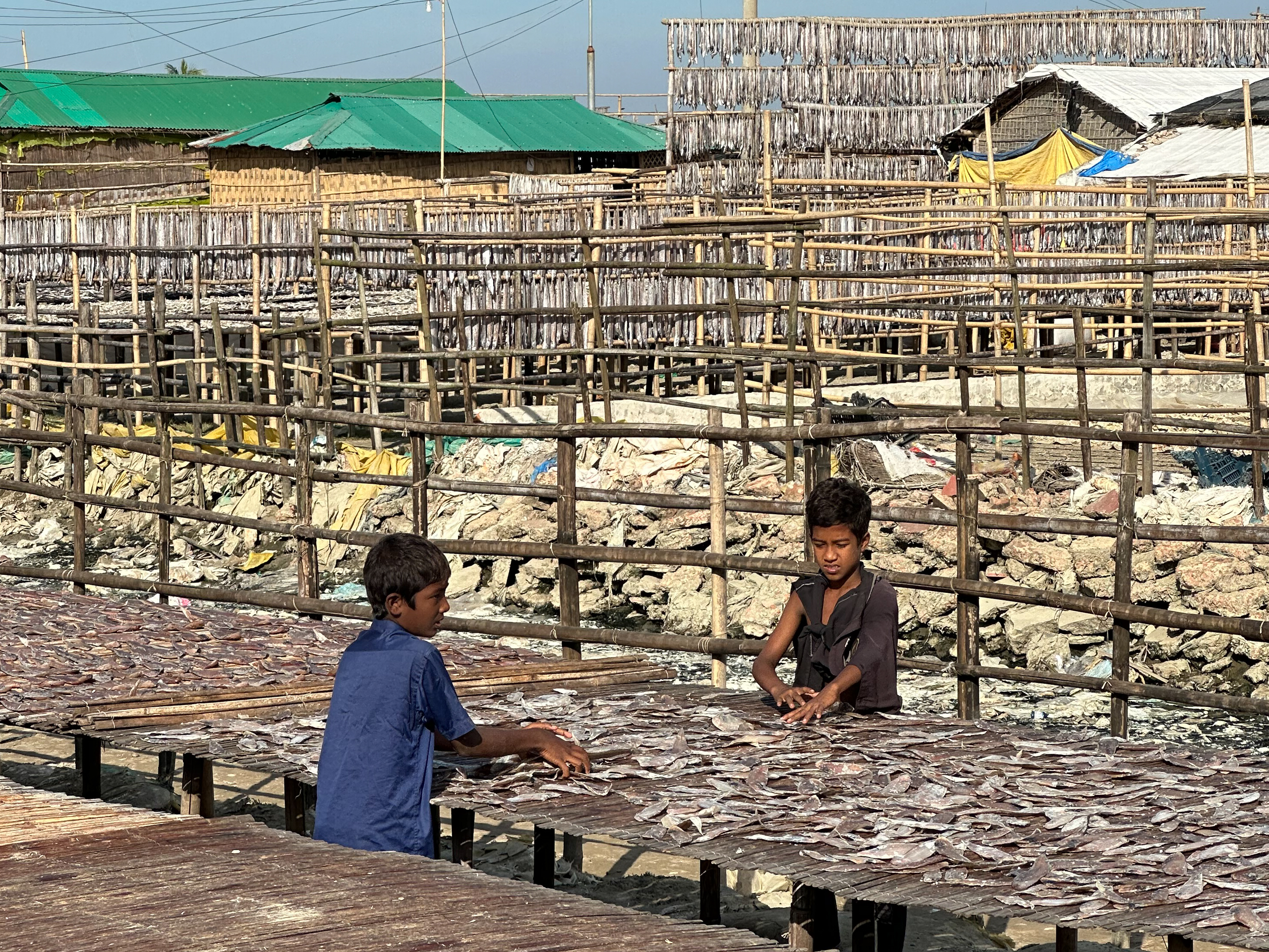
Why we are writing about this
Switzerland was one of the first countries to recognise Bangladesh as an independent state after it seceded from Pakistan in 1971 in a war that resulted in enormous losses. Since then, both the Swiss development agency SDC and numerous NGOs have been active in the country.
The projects mentioned in the article are implemented by the local organisation Young Power in Social ActionExternal link (YPSA), which is the implementing partner of the Swiss NGO Solidar SuisseExternal link.
During the week of December 16-20, the fundraising organisation Swiss SolidarityExternal link is organising a Solidarity Week. The donations collected will be used to fund projects to protect children from violence and abuse, including the projects described here.
Swiss Solidarity is the humanitarian arm of the Swiss Broadcasting Corporation, SWI swissinfo.ch’s parent company.
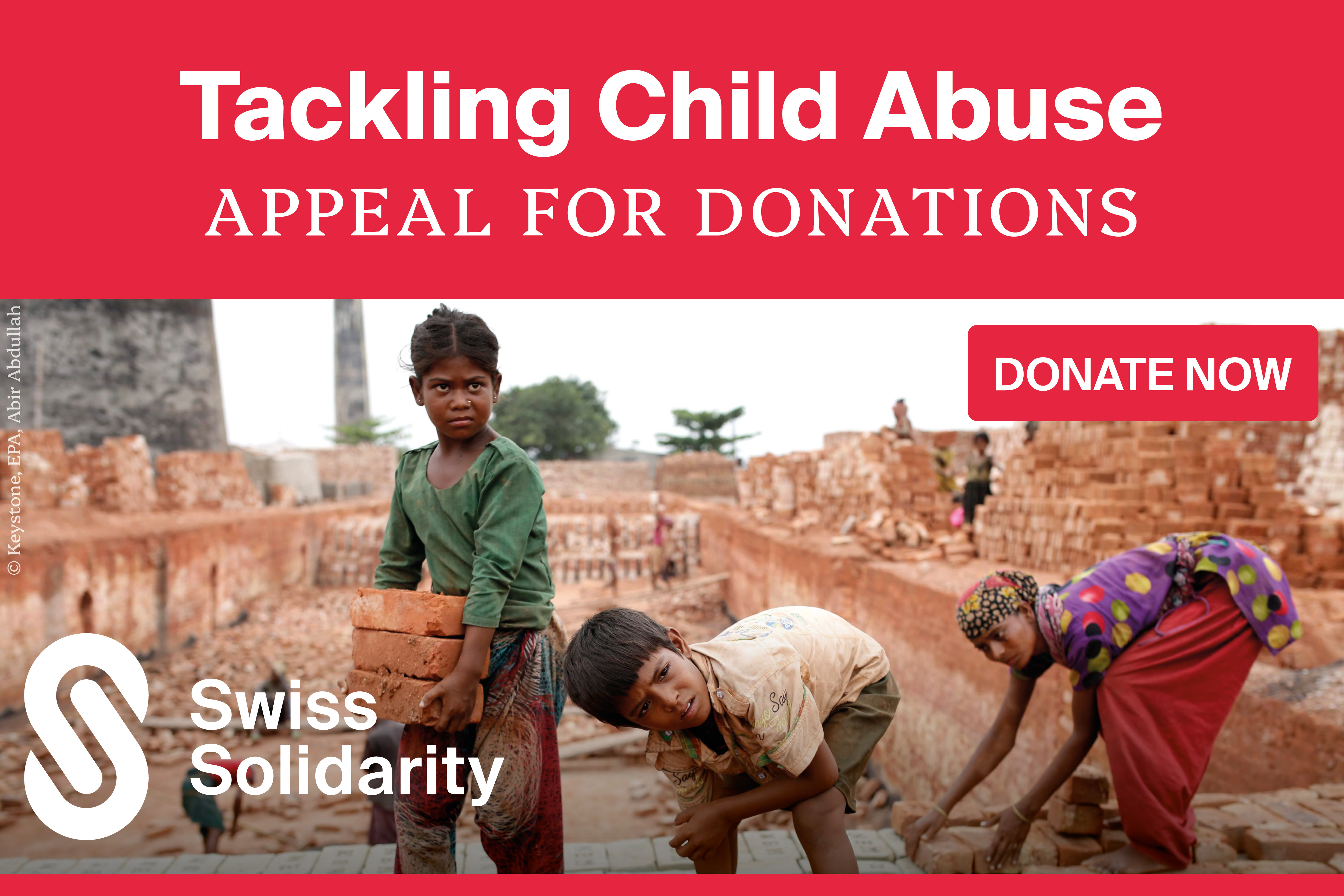
More
Tackling Child Abuse in Switzerland and worldwide
External linkSchool or work? For many, there’s no choice
One of the few solidly built houses in the slum quarter is the premises of the local NGO Young Power in Social Action (YPSA), which offers educational opportunities for children and youth. In one room, the eight- to 14-year-olds are being taught. The children have already spent the morning at work, and they have only a few hours to spare for the classroom.
The children all give the same description of their lives: work is hard and dangerous, they have to stand in the hot sun amid the overpowering smell of fish, and at the end of the day they are very tired. They would prefer to go to school, but they have no choice – their families need the extra income.
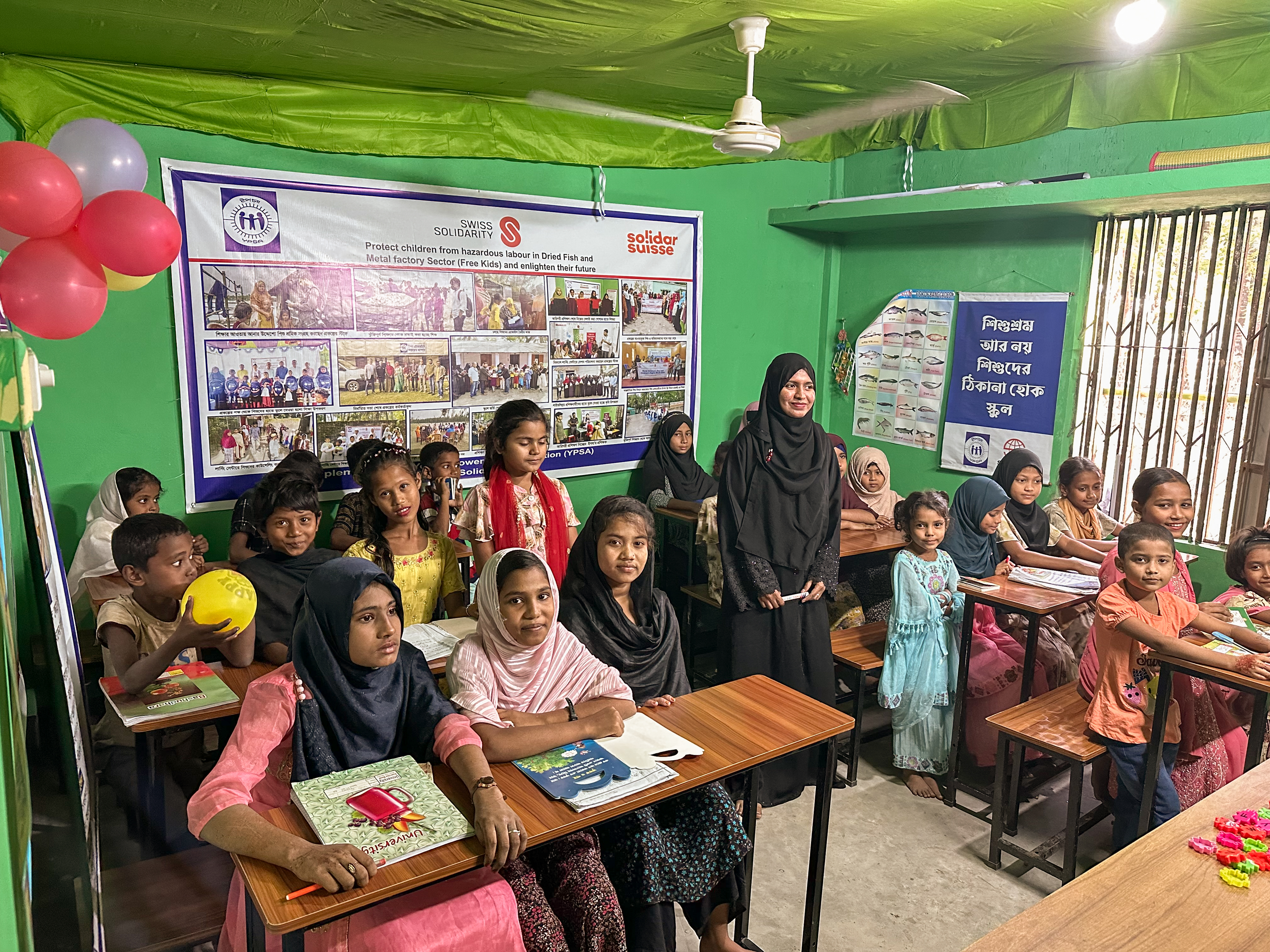
The same story is to be heard at a YPSA centre a few hundred metres away. There, 14- to 18-year-old girls are learning sewing and cosmetics. These teaching modules are intended to help them find work in a different sector – and a way out of the spiral of poverty and lack of opportunity. For child labour leads to dropping out from school, child marriage and lack of social mobility.
Illiteracy is widespread. Half the children get no education. Some people just cannot afford to claim their right to education.
“We are working for a change in attitudes. They need to know that going to school pays off in the long term,” says Muhammad Ali Shahin of YPSA. But no one should be under any illusion: parents would prefer to send their children to school instead of work – they just can’t get by without the extra income.
Besides the educational opportunities, YPSA therefore provides some financial compensation. “With these direct payments we compensate the families for the time during which the children attend our centres and are not working,” Shahin explains. To put this in perspective: a child typically gets 100 Taka (CHF0.75) for an eight-hour shift, sometimes even less than that. Adults earn double that amount.
Besides education, these projects offer support to families. It is not just a matter of children having to work under difficult conditions – just as many children are left at home alone while their parents are at work. Women may find themselves having to bring the children along with them – which is the first step to child labour.
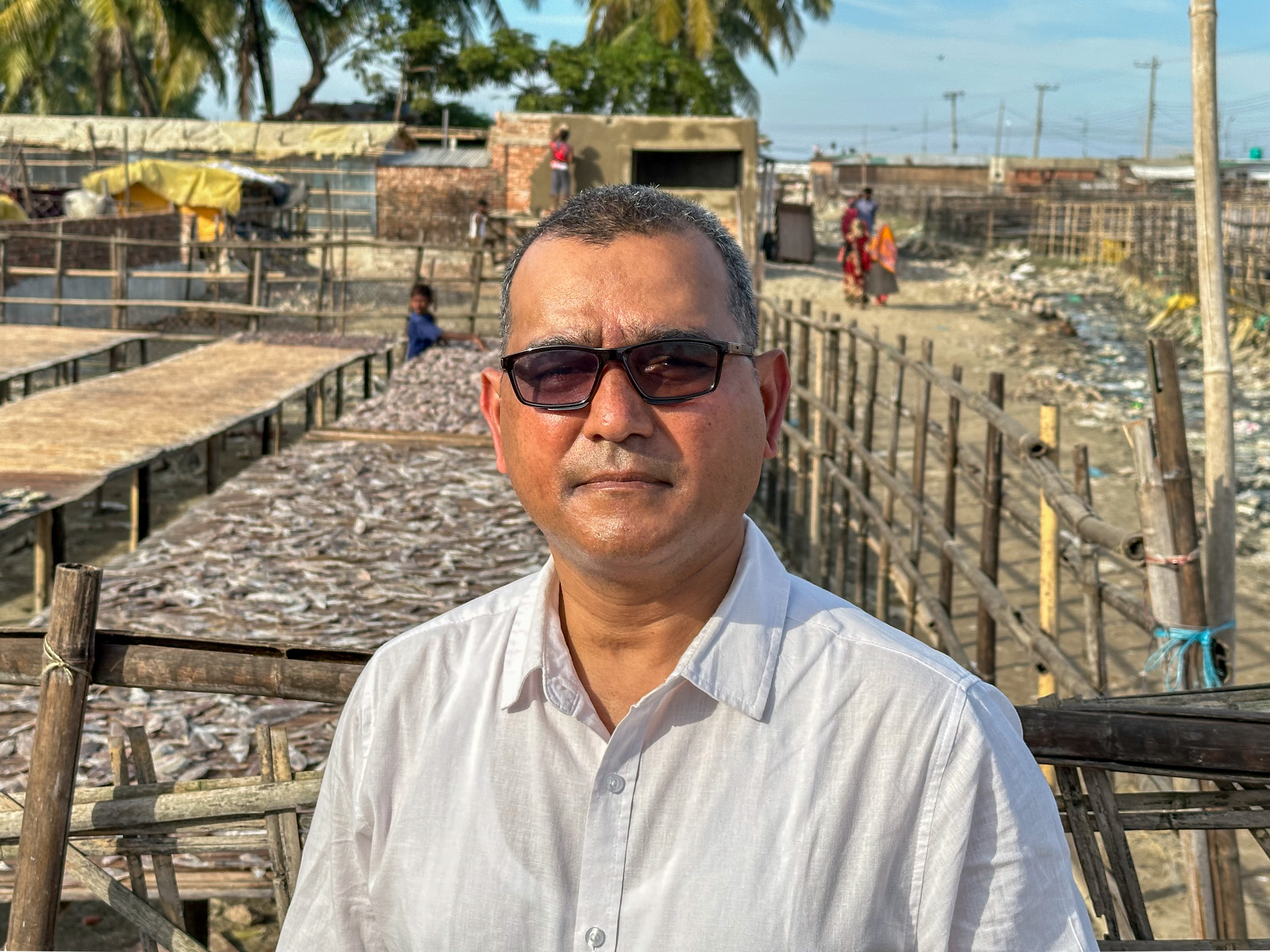
Progress at risk
Bangladesh is one of the poorest nations in Asia, and child labour is widespread. According to official statistics from 2022 there are 1.77 million children working in the country, of whom 1.1 million are engaged in hazardous occupations: in industry, on building sites, or in the informal sector. Some estimatesExternal link suggest the number is much higher.
Since the turn of the millennium, Bangladesh has been able to reduce the number of children working by means of some ambitious projects. Since 2022 the ILO Minimum Age ConventionExternal link has been in force. This means that work is allowed from the age of 14 – but under conditions that are intended to guarantee the development of the youth involved.
In recent years, however, the situation has been deteriorating again. Climate change-driven migration, the Covid pandemic and rising inflation have hit vulnerable population groups hard. The country has been in something of a political vacuum since the summer, when the longtime government of Sheikh Hasina was overthrown and an interim administration took over.
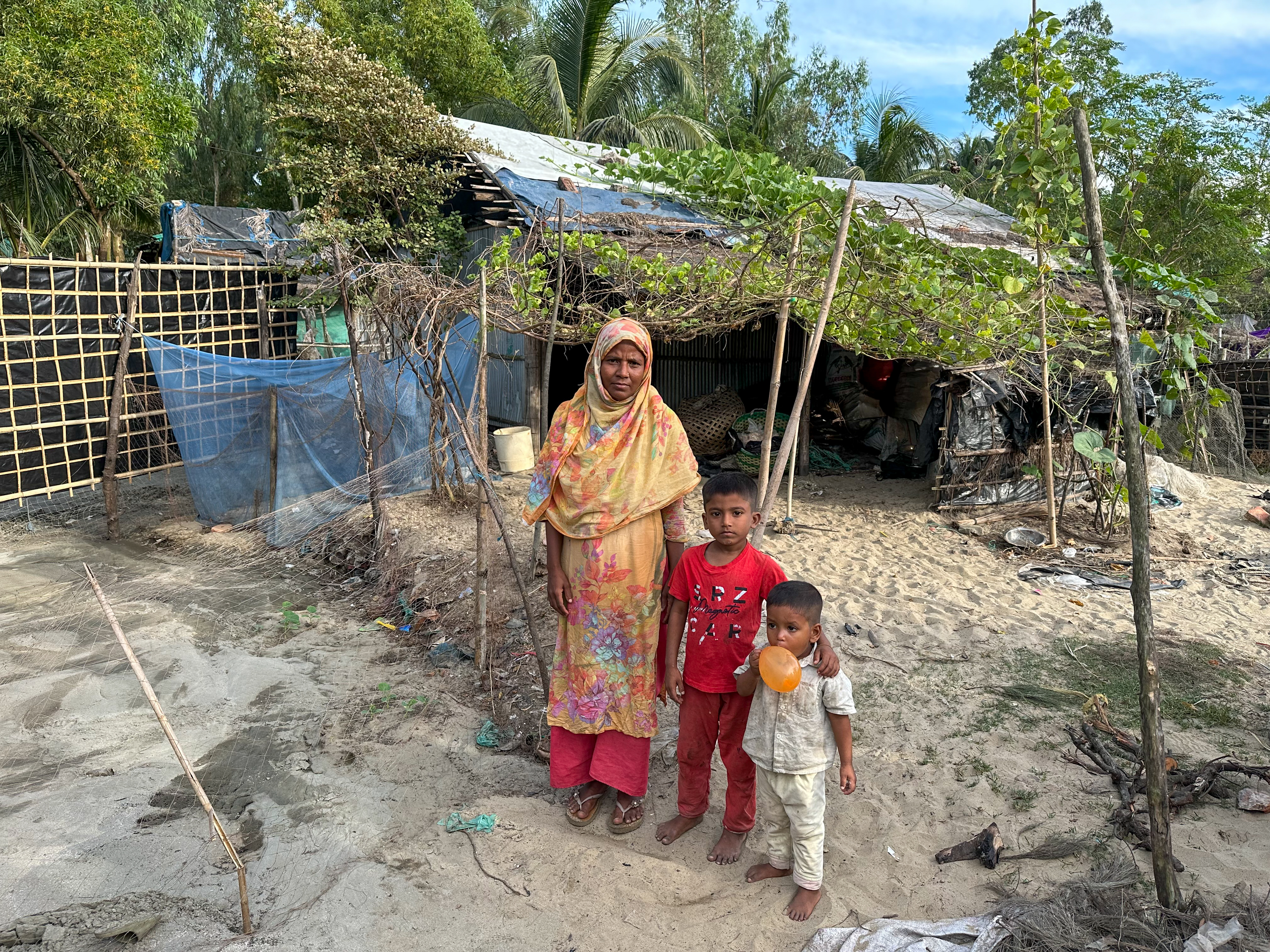
Work for vulnerable groups
The children most affected are those from particularly at-risk groups such as ethnic minorities, homeless childrenExternal link and people displaced by climate change. They are easier to exploit, earn less pay and do not protest about working conditions.
That is apparent in Nazirartek. An estimated 10,000 families live here, and several thousand people are involved in the dried fish industry. Most are internal migrants who had to leave their homes because of natural disasters or climate change.
One of these people is a woman named Jannatul Firdas. She lives in a hut with her family. Her husband works as a fisherman, and she and some of her children have work at the fish processing plant. With this income, and donations from NGOs such as building materials or vegetable seeds, they can survive, albeit rather precariously. Her children are enrolled in activities at YPSA.
“I hope, of course, that they will have a better future,” she says. But first she has to deal with the grim challenges of the present.
Edited by Benjamin von Wyl. Adapted from German by Terence MacNamee/ts

More
Our weekly newsletter on foreign affairs
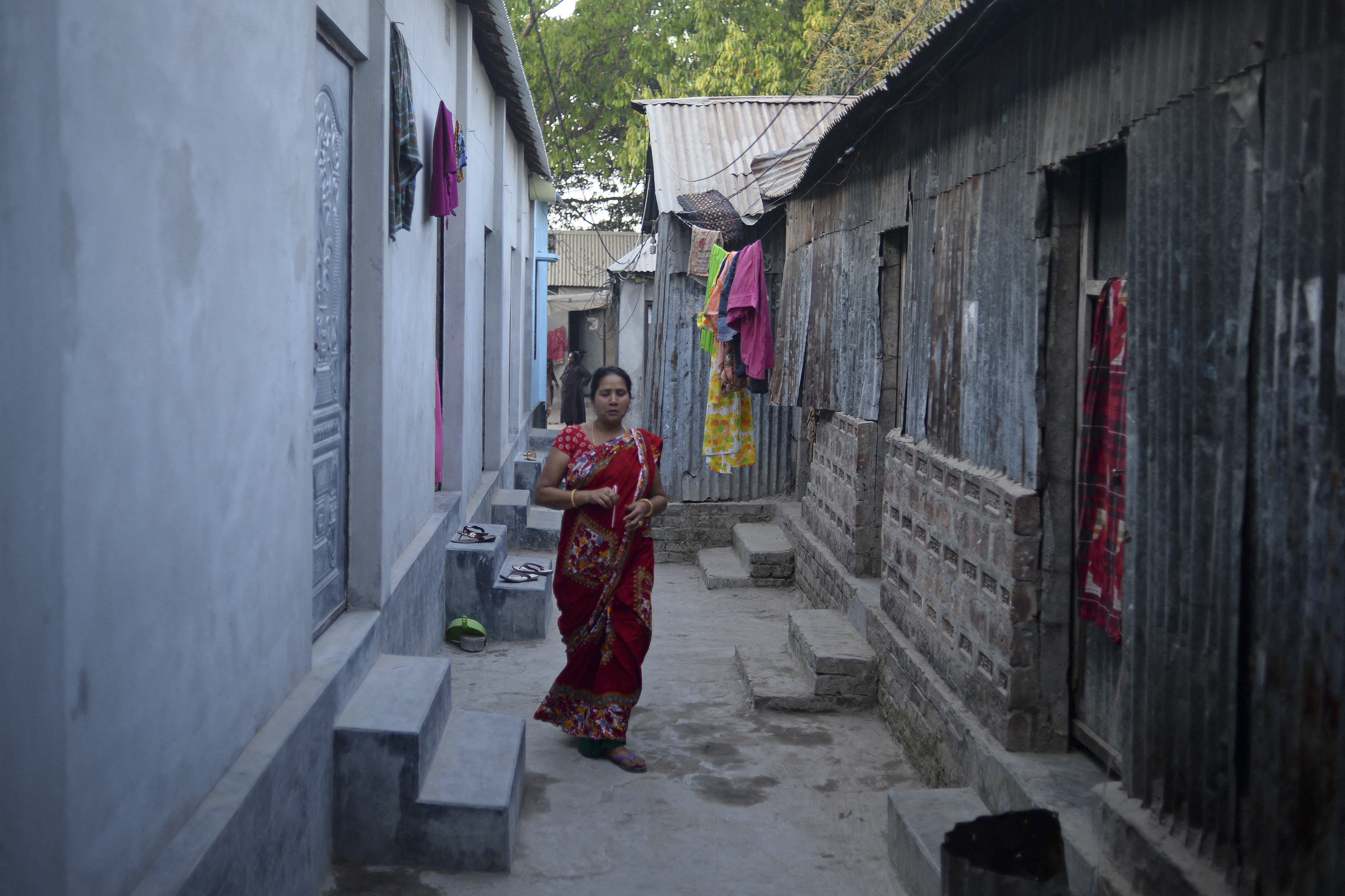
More
Daulatdia: breaking the cycle of sexual exploitation in Bangladeshi brothel
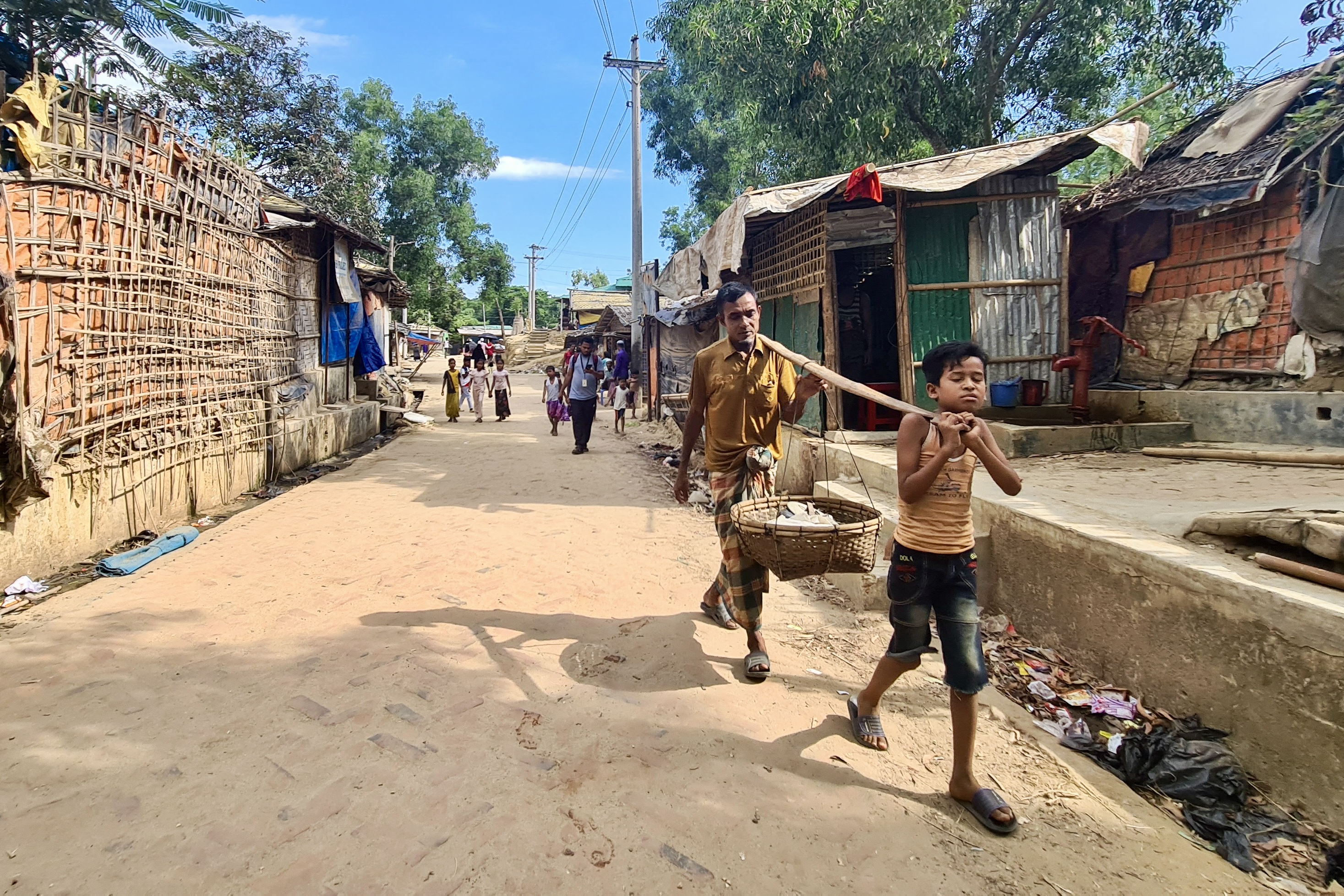
More
With gang violence and child marriage, childhood is short in Rohingya refugee camps

In compliance with the JTI standards
More: SWI swissinfo.ch certified by the Journalism Trust Initiative









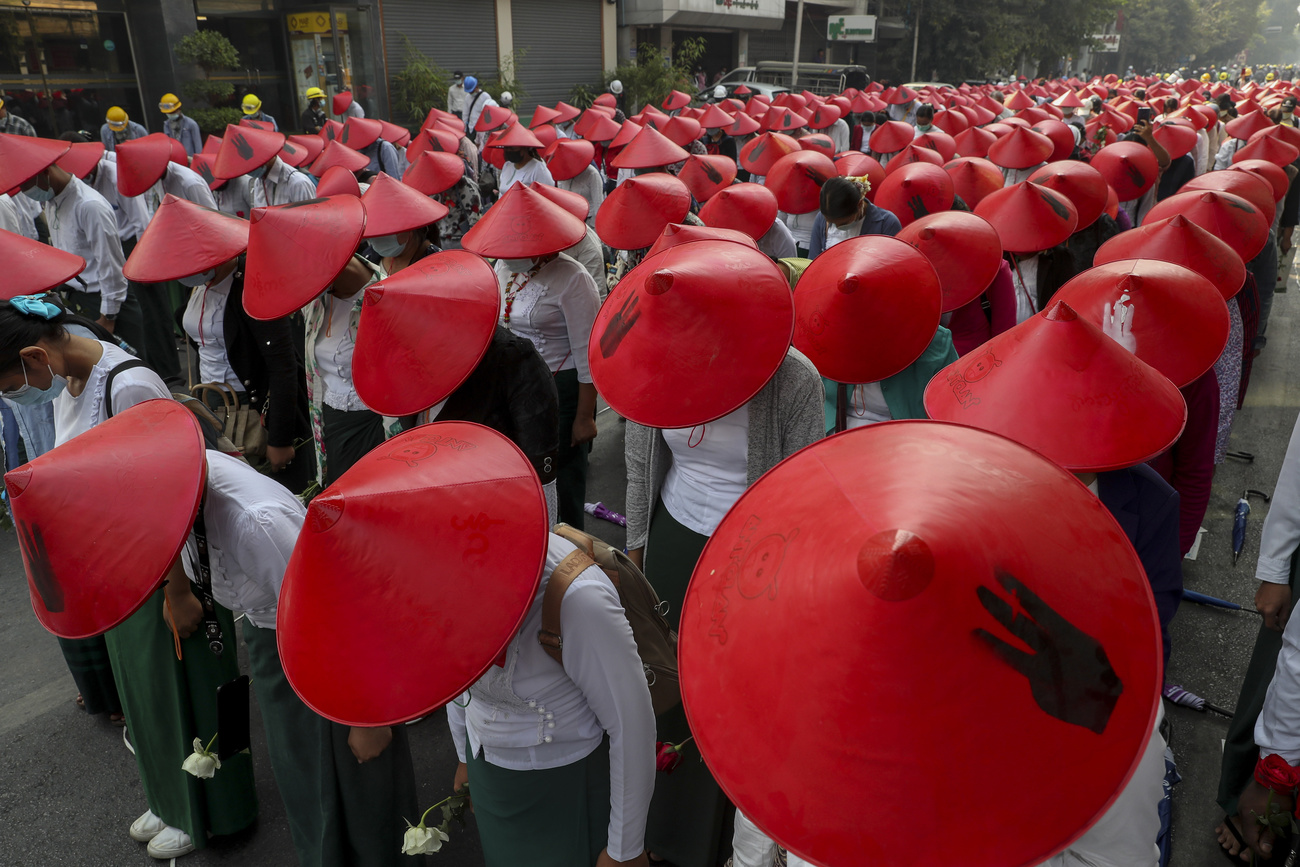
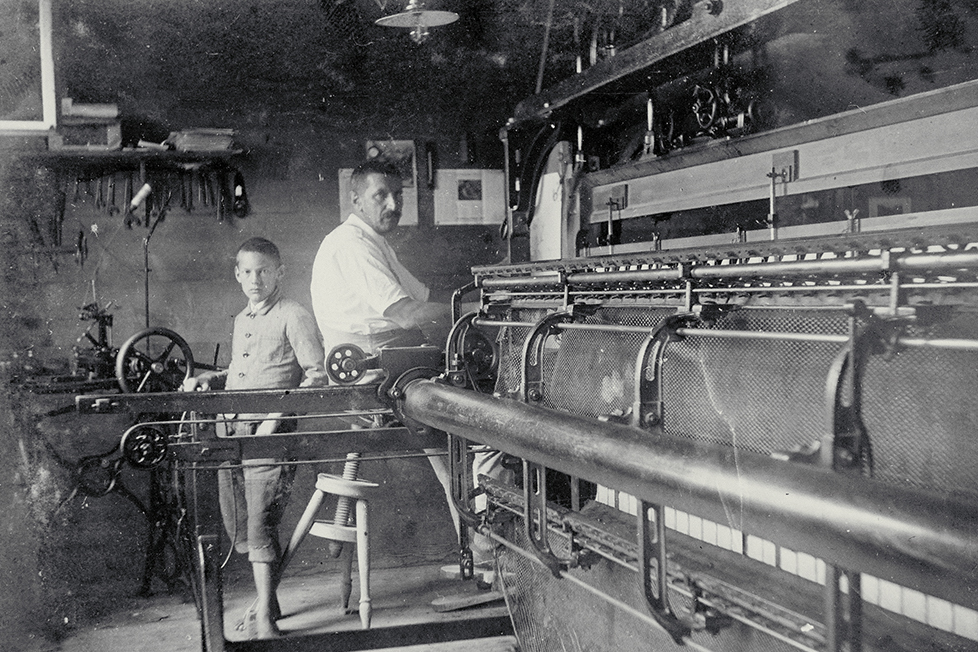
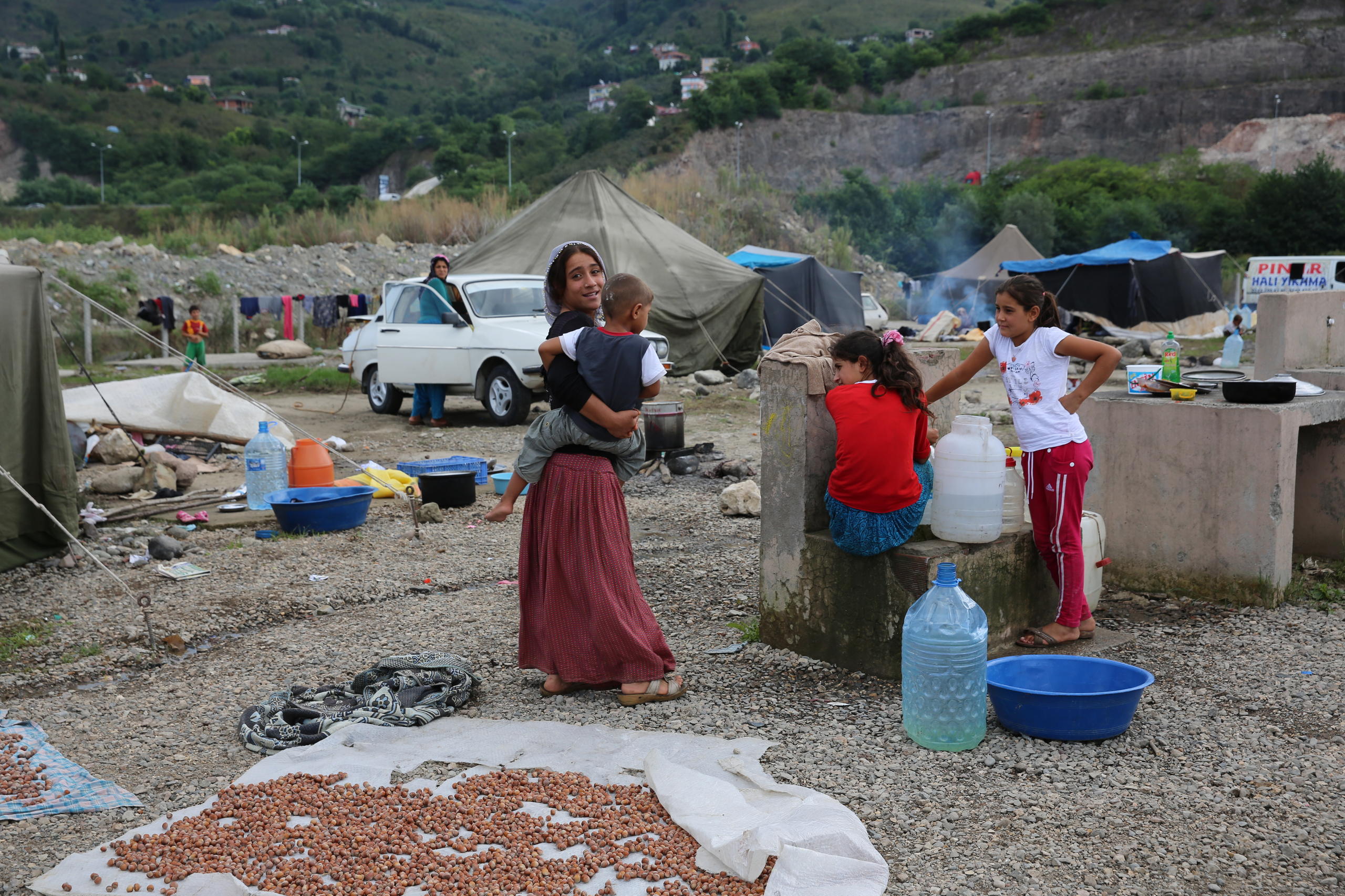
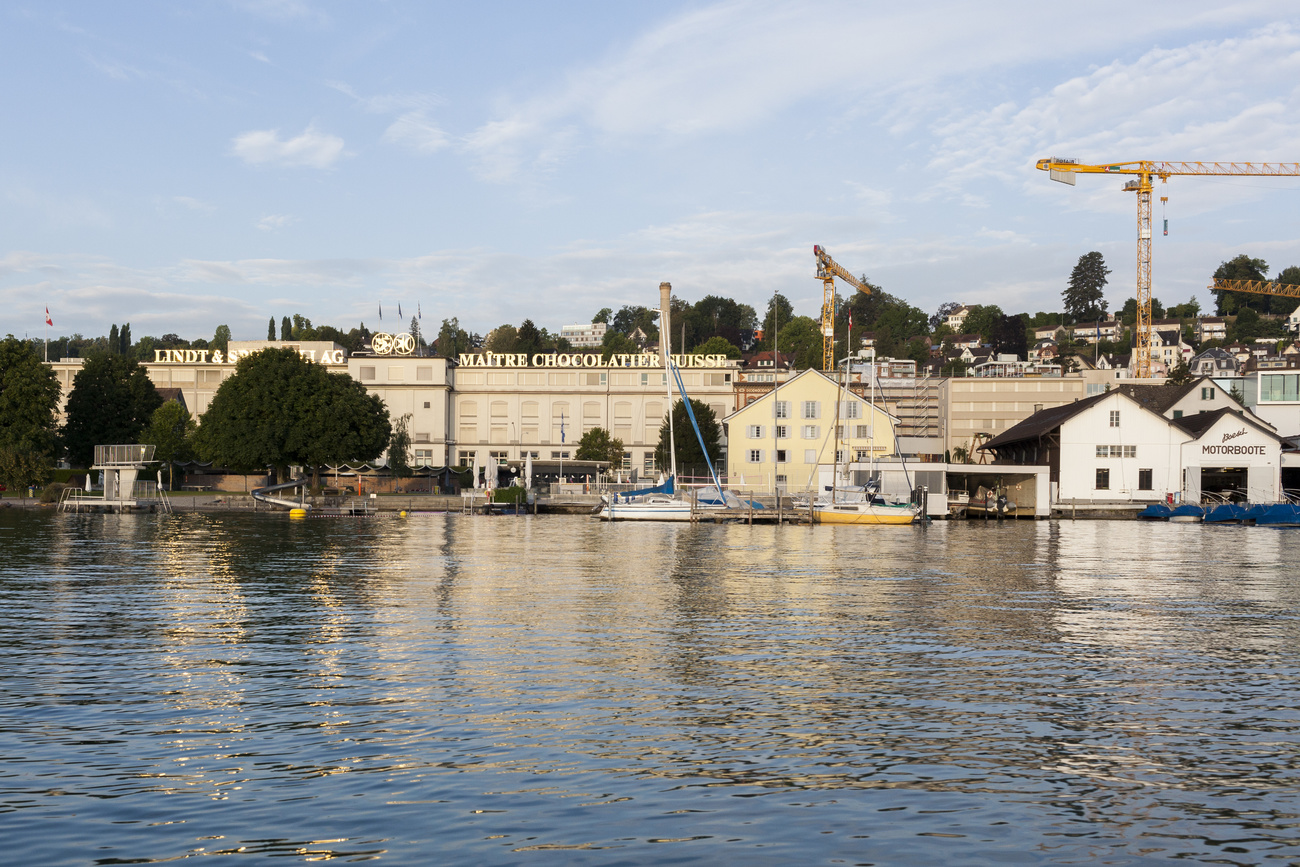

You can find an overview of ongoing debates with our journalists here . Please join us!
If you want to start a conversation about a topic raised in this article or want to report factual errors, email us at english@swissinfo.ch.